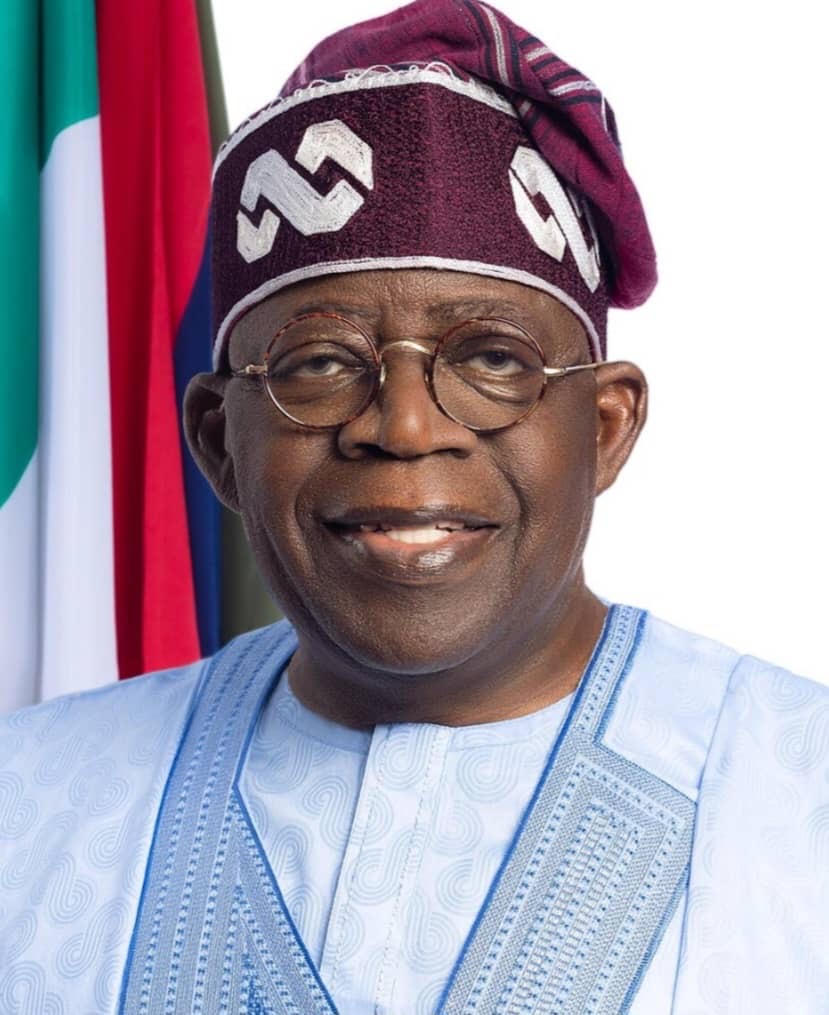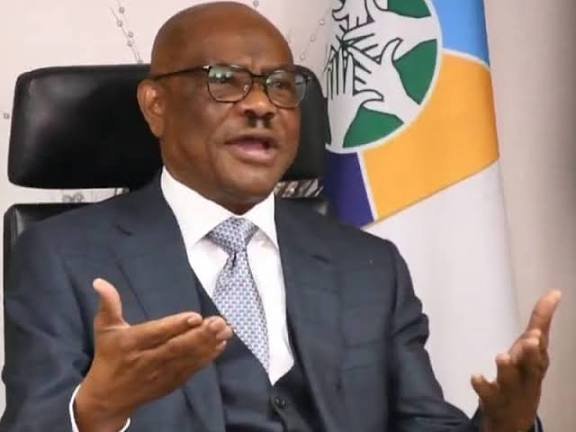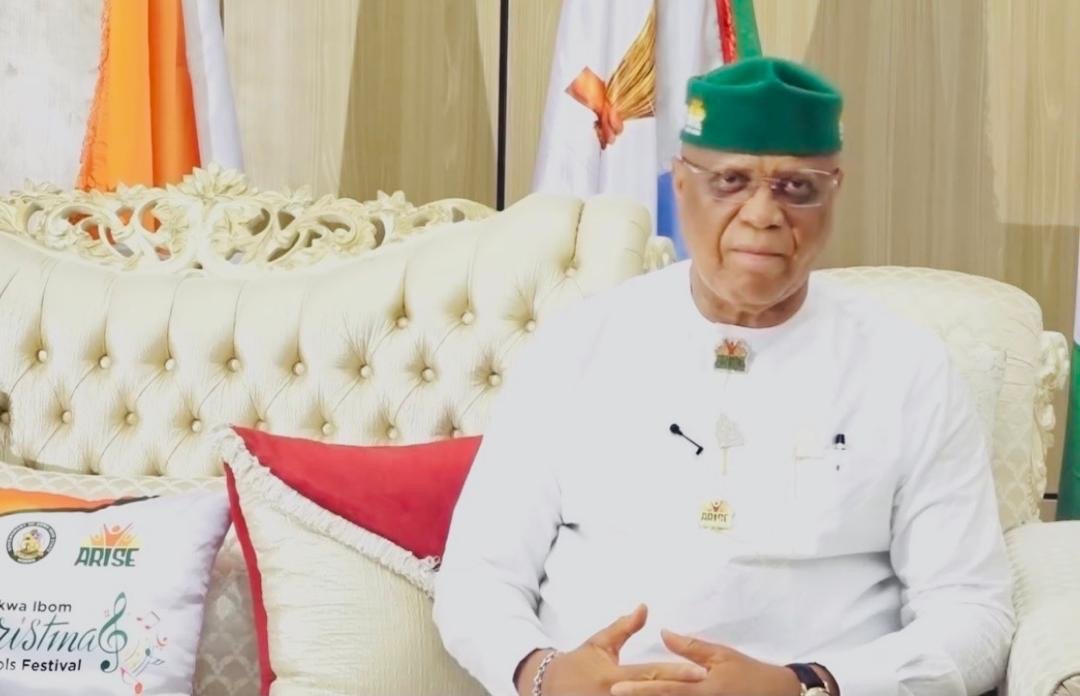President Bola Tinubu.
By Etim Etim
It’s almost certain that every presidential decision will draw a controversy, but President Tinubu’s clemency to 175 prisoners, most of whom were convicted drug dealers, murderers and corrupt politicians, has sparked intense debate across the land and further call the quality of the president’s thought process into question. The controversy surrounds the types of crimes committed by those pardoned, with many questioning the wisdom of granting mercy to serious offenders. But there are also less controversial cases on the list. Major General Mamman Jiya Vatsa, sentenced to death over a treason charge in 1986, received a posthumous pardon from President Bola Ahmed Tinubu.
Vatsa’s family had been pushing for this for a long time and they would be definitely pleased with Tinubu’s action. I hope they will finally find a closure. Many Nigerians did not believe that Vatsa had planned to topple Gen. Babangida in a coup and so his execution with other officers in 1986 was a traumatic national event. I was doing my NYSC in Jalingo then and I can recall that the whole corper’s residence was thrown into shock when we heard the news over the radio that evening. The national mood was that Vatsa’s execution was a premeditated murder by the IBB regime.
But in his memoire published last February, Babangida stressed that there was indeed a plot and traced it to ‘’a continuous and recurrent peer jealousy on his (Vatsa’s) part to wards me’’. Babangida showed no remorse in the book; rather, he insisted that he had bent over backwards to accommodate Vatsa’s ‘’excesses and boisterousness’’. He wrote: ‘’He was envious of my career path and postings up to when I was chosen as a member of the Supreme Military Council under Gen. Murtala Muhammed’’. The whole section of the book reads like a childish concoction. I am pleased that Tinnubu was able to extend a presidential pardon to Vatsa, for whatever it is worth.
But the most controversial and widely condemned part of the exercise is the pardon granted to four convicts, including former House of Representatives member, Farouk Lawan and Maryam Sanda, a 37-year-old woman, sentenced to death by hanging for killing her husband, Bilyaminu Bello, son of former Peoples Democratic Party national chairman, Haliru Bello. Lawan was jailed for accepting a $500,000 bribe from Femi Otedola, the Lagos businessman. He was initially sentenced to seven years in prison but had his sentence reduced to five years by the Court of Appeal, which was latter affirmed by the Supreme Court. Lawan’s presidential pardon is now viewed as a serious affront to the war against corruption and a disincentive to the EFCC and other anti-graft agencies who fight brutal war to bring corrupt criminals to justice.
Maryam Sanda’s case is drawing widespread attacks and condemnation due to the high-profile nature of her husband’s family and the circumstances surrounding the crime. Her lawyers had filed an appeal challenging the conviction, but it was dismissed by the Court of Appeal in December 2020. She then appealed to the Supreme Court, and the decision was still pending by the time she was pardoned. The presidency said the pardon was based on her good conduct, remorse and family plea, citing the welfare of her two young children. Her husband’s family has however condemned the pardon as a mockery of justice. I think so too. The idea that the woman was pardoned because of her young children is laughable. Such a violent woman is not capable of raising children and the children would never be proud of her for killing their daddy. In better societies, the children would have been handed over to either relatives of the husband or foster family to bring up, under the supervision of the state.
Other controversial pardons went to Mrs Anastasia Daniel Nwaobia, Barrister Hussaini Umar and Ayinla Saadu Alanamu. They were pardoned, according to government, to enable them to integrate into society, having demonstrated sufficient remorse. Seventy individuals, including Nweke Francis Chibueze, serving a life sentence for dealing in cocaine, was pardoned, along with Dr Nwogu Peters, who had served 12 out of his 17-year sentence for fraud. The preponderance of persons convicted of drug-related crimes, including trafficking and smuggling, is quite bewildering, and many Nigerians are quick to link the pardon of so many convicted drug dealers to Tinubu’s brush with FBI while he lived in Chicago in the 1970s and 1980s. Whether there’s a connection with the president’s background or not, I believe that these pardons undermine Nigeria’s anti-narcotics efforts and sends a wrong signal to potential offenders.
Twenty-two individuals convicted of murder, manslaughter, or other violent crimes were also pardoned. Many Nigerians feel this shows a lack of regard for victims and their families. The inclusion of high-profile individuals convicted of corruption and financial crimes, including former lawmaker Hon. Farouk Lawan, in the list has fueled speculations that the clemency was granted to those with connections or influence, rather than being based solely on merit or humanitarian grounds.
In all, many Nigerians have expressed outrage and disappointment on social media, questioning the president’s judgment and priorities. Civil society groups, such as the Human Rights Writers Association of Nigeria, have condemned the pardons, citing concerns about the impact on justice and security, while former Vice President Atiku Abubakar has criticized the pardons, saying they undermine the rule of law and embolden criminality. No matter your political leaning or ethnic affiliation, Nigerians should rise up and condemn any activity that weakens our institutions and glorify criminals.
Etim is a Journalist and Political Analyst based in Abuja










